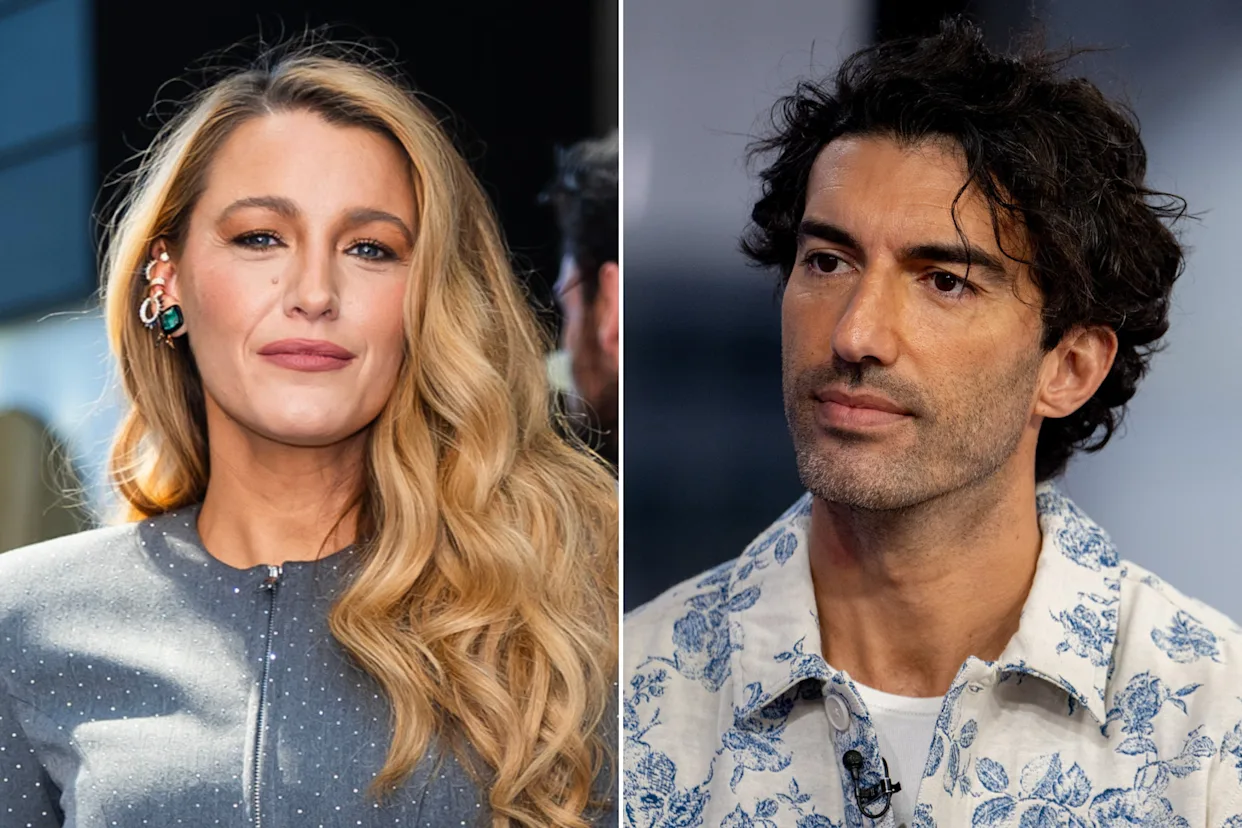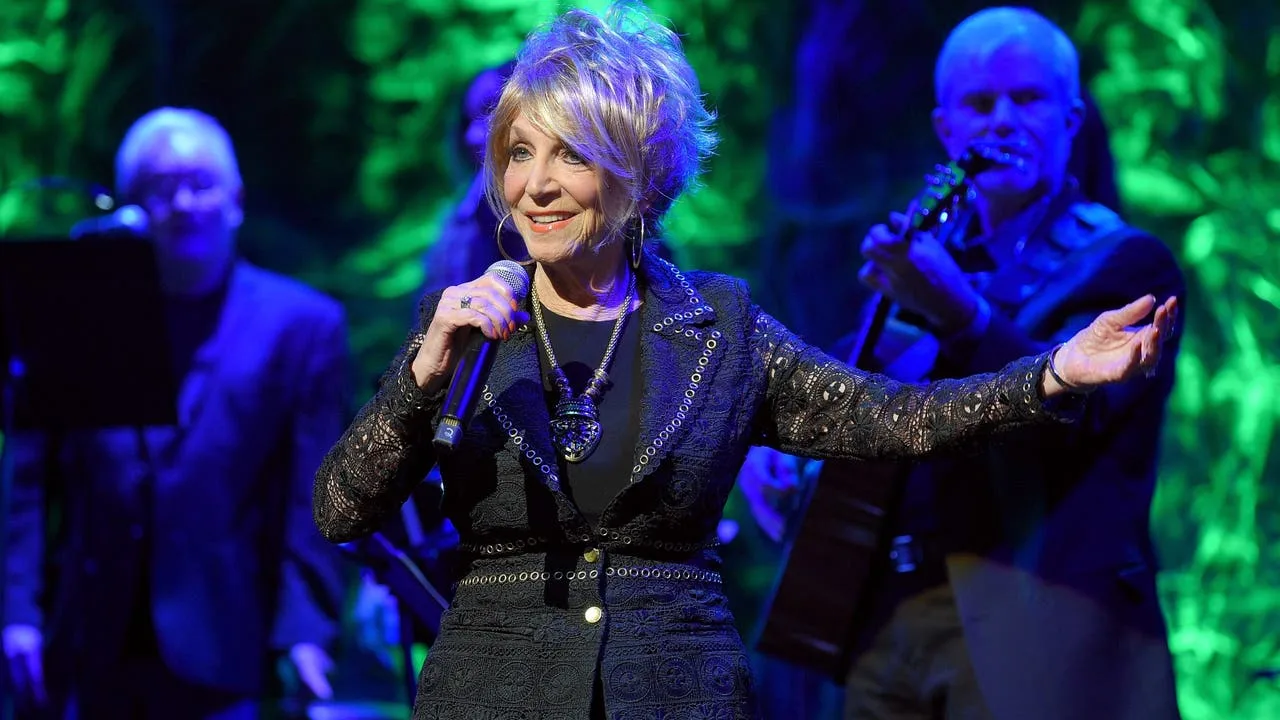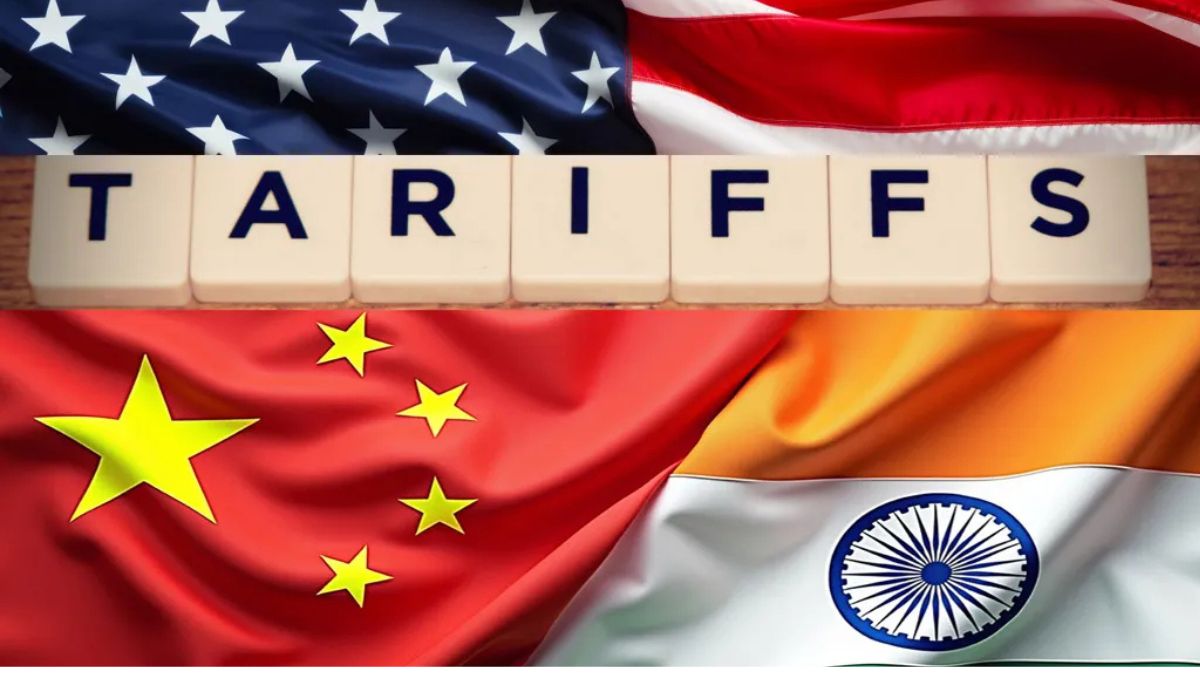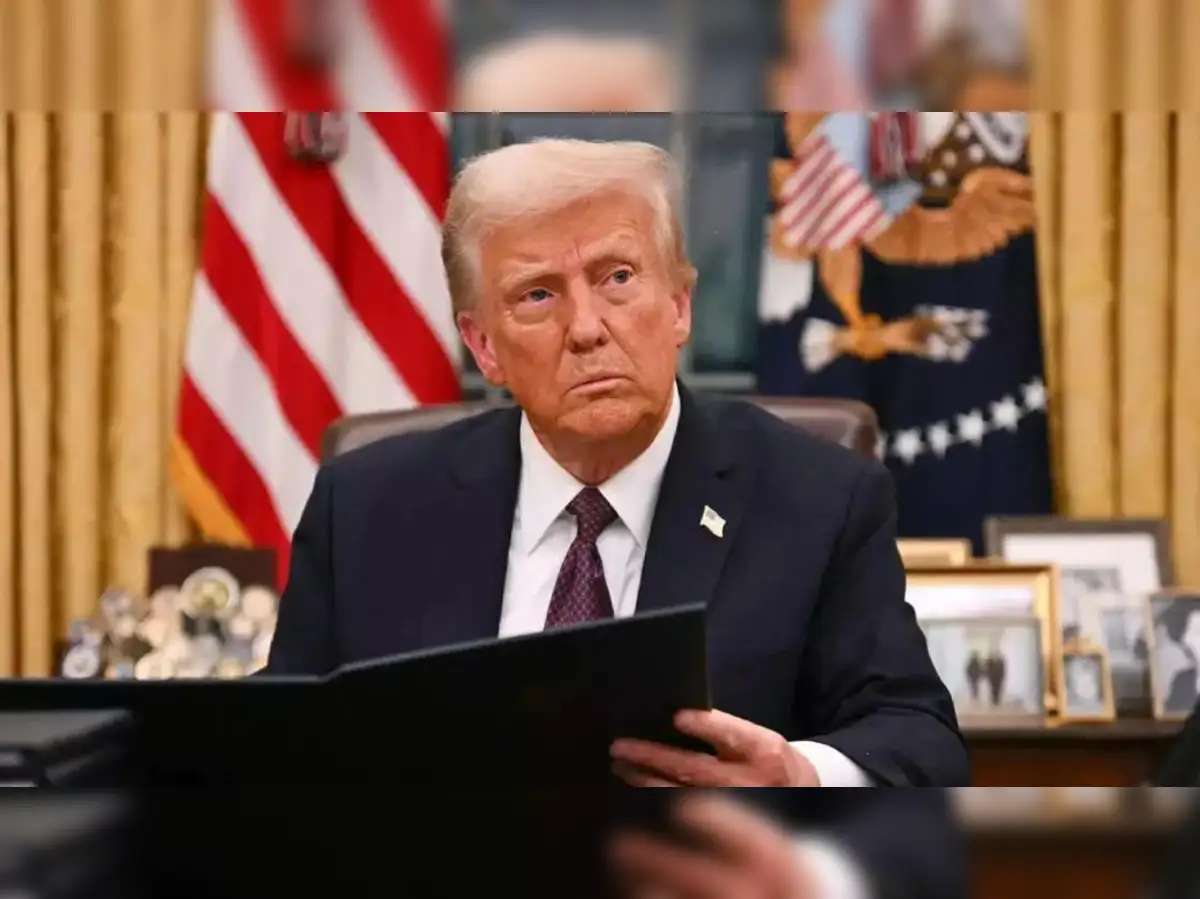
A Clash of Stardom and Negotiation Power
The entertainment industry has always been a kaleidoscope of talent, fame, and complex negotiations. Recently, a high-profile dispute has surfaced involving actor Justin Baldoni and actress Blake Lively, where legal representatives of Baldoni allege that Lively leverages her celebrity status to sway contractual negotiations in her favor. This controversy has sparked a wider conversation about the influence of fame on professional dealings within Hollywood’s exclusive circles.
The Allegations: Using Celebrity Status as a Negotiation Tool
Legal Claims and Assertions
According to a recent statement from Justin Baldoni’s legal team, Blake Lively is accused of intentionally using her star power to *dictate the terms of contractual agreements*. The lawyers argue that her prominence is being exploited to exert undue pressure on counterparts, ultimately tipping negotiations in her favor. This claim raises questions about the ethical boundaries of celebrity influence and whether fame should translate into negotiating dominance.
The core of the allegation is that Lively employs her status not just as a marketing tool or a means of garnering attention but actively manipulates deals by leveraging her reputation and following to achieve advantageous terms. The legal team contends that such tactics undermine fair negotiation standards and foster an uneven power dynamic in industry negotiations.
Context Within Hollywood Negotiations
Instances of celebrities influencing negotiations are not new; however, the precision and assertiveness claimed here signal a noteworthy escalation. Hollywood has always been an environment where reputation and fame can open doors—yet, allegations like these emphasize the fine line between effective negotiation and possible exploitation of one’s status.
Reactions from the Industry and Public
Community Perspectives
The accusations have garnered mixed reactions. Some industry insiders believe that *celebrities often do wield significant influence*, and the playing field isn’t always level. Others argue that such claims might be an oversimplification or an attempt by Baldoni’s team to overshadow Lively’s achievements or negotiations.
Public opinion is also divided. While some think that celebrities like Blake Lively do have the leverage to shape negotiations, critics warn against sensationalizing these claims without solid evidence, fearing it could set a precedent that discourages healthy, transparent deal-making processes.
The Broader Implications: Fame as Power or Privilege?
Fame and Negotiation Ethics
This controversy touches upon a larger debate: **Should a celebrity’s fame grant them the right to influence negotiations disproportionately?** The entertainment industry thrives on reputation and public perception, but when these elements become tools for gaining an edge, it introduces potential ethical dilemmas.
Legal experts suggest that if allegations prove true, there could be calls for clearer boundaries and regulations to prevent abuse of celebrity power. Conversely, advocates for artists and entertainers argue that leveraging fame is a natural aspect of Hollywood’s ecosystem, where visibility plays a crucial role in establishing contracts and opportunities.
Legal and Ethical Perspectives
- Legal Viewpoint: Negotiation tactics in Hollywood often involve understanding the leverage that high-profile status can provide, but crossing into coercion or unfair influence could have legal repercussions if proven.
- Ethical Concerns: Using fame to pressure or dictate terms raises questions about integrity and fairness. Is it acceptable for a star to prioritize personal gain over equitable dealings?
- Industry Regulation: There is an ongoing debate about whether industry bodies need to implement stricter policies to oversee such influence tactics.
The Impact on Celebrity Culture and Industry Dynamics
Implications for Other Celebrities
Allegations like those against Blake Lively could set a precedent that encourages other celebrities to be more cautious or conversely, embolden them to utilize their fame more assertively during negotiations. The evolving narrative may influence how agents, managers, and legal teams approach contracts to ensure transparency and fairness.
Public Trust and Industry Reputation
The controversy also impacts public trust in Hollywood dealings. When stars are perceived as using their status unfairly, it can diminish the confidence of industry partners and audiences alike. Maintaining a delicate balance between fame and fairness is essential to uphold reputation and integrity.
Looking Ahead: What Does This Mean for Hollywood?
As legal proceedings unfold or further statements come to light, the industry will be watching closely. Whether this case prompts a broader discussion on ethical negotiation practices or leads to policy changes remains to be seen. Nevertheless, it highlights a crucial issue—**fame’s influence must be wielded responsibly**.
For Justin Baldoni, the stakes are clear: protecting fair negotiation standards and addressing perceived imbalances. For Blake Lively, the defense likely centers around asserting the legitimacy of her influence as an earned position rather than manipulation.
Conclusion: The Ongoing Conversation on Celebrity Power
This controversy underscores the complexities inherent in Hollywood negotiations. Fame offers significant advantages, but its use — or potential misuse — raises questions about fairness and ethical conduct within the entertainment industry. As discussions continue, industry professionals and audiences alike must consider how best to safeguard integrity while recognizing the role of celebrity influence.
In the dynamic landscape of Hollywood, the balance between influence and fairness remains delicate, making stories like this vital for understanding the true power dynamics behind the scenes.
For more updated news please keep visiting Prime News World.









